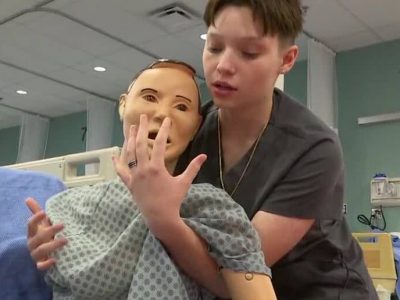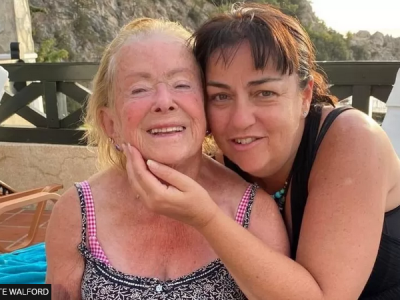In Neuralink’s trial to connect the human brain to a computer, 15 out of 23 monkeys died. Elon Musk’s firm is developing implants that will allow humans to communicate with machines through thought.
The San Francisco-based company’s goal is to implant wireless brain-computer chips to help cure neurological conditions such as Alzheimer’s, dementia, and spinal cord injuries, as well as to merge humanity and artificial intelligence.
Neuralink works by recording and decoding electrical signals from the brain via over 2,000 electrodes implanted in areas of the monkey’s motor cortex that coordinate hand and arm movements.
Musk’s companies, Tesla Inc, SpaceX, and Boring Co, have a history of bringing together diverse experts to develop technology that was previously limited to academic labs.
He has become an outspoken doomsayer about the threat that artificial intelligence may pose to the human race in the future. Continued advancements in AI cognitive capabilities, he and other critics argue, could result in machines that outthink and outmaneuver humans with whom they may have little in common.
Connecting a brain to electronics is not a new concept. Doctors implant electrodes in patients’ brains to deliver stimulation for conditions such as Parkinson’s disease, epilepsy, and chronic pain. In tests, implanted sensors allowed paralyzed people to use brain signals to control computers and robotic arms.
However, Musk’s proposal goes above and beyond this. Neuralink intends to expand on existing medical treatments and, in the future, work on surgeries that could improve cognitive functioning.
Neuralink is not the only company working on brain artificial intelligence.
Bryan Johnson, who previously sold his previous payments startup Braintree to PayPal for $800 million, founded Kernel in 2016 to work on “advanced neural interfaces” to treat disease and extend cognition.
















